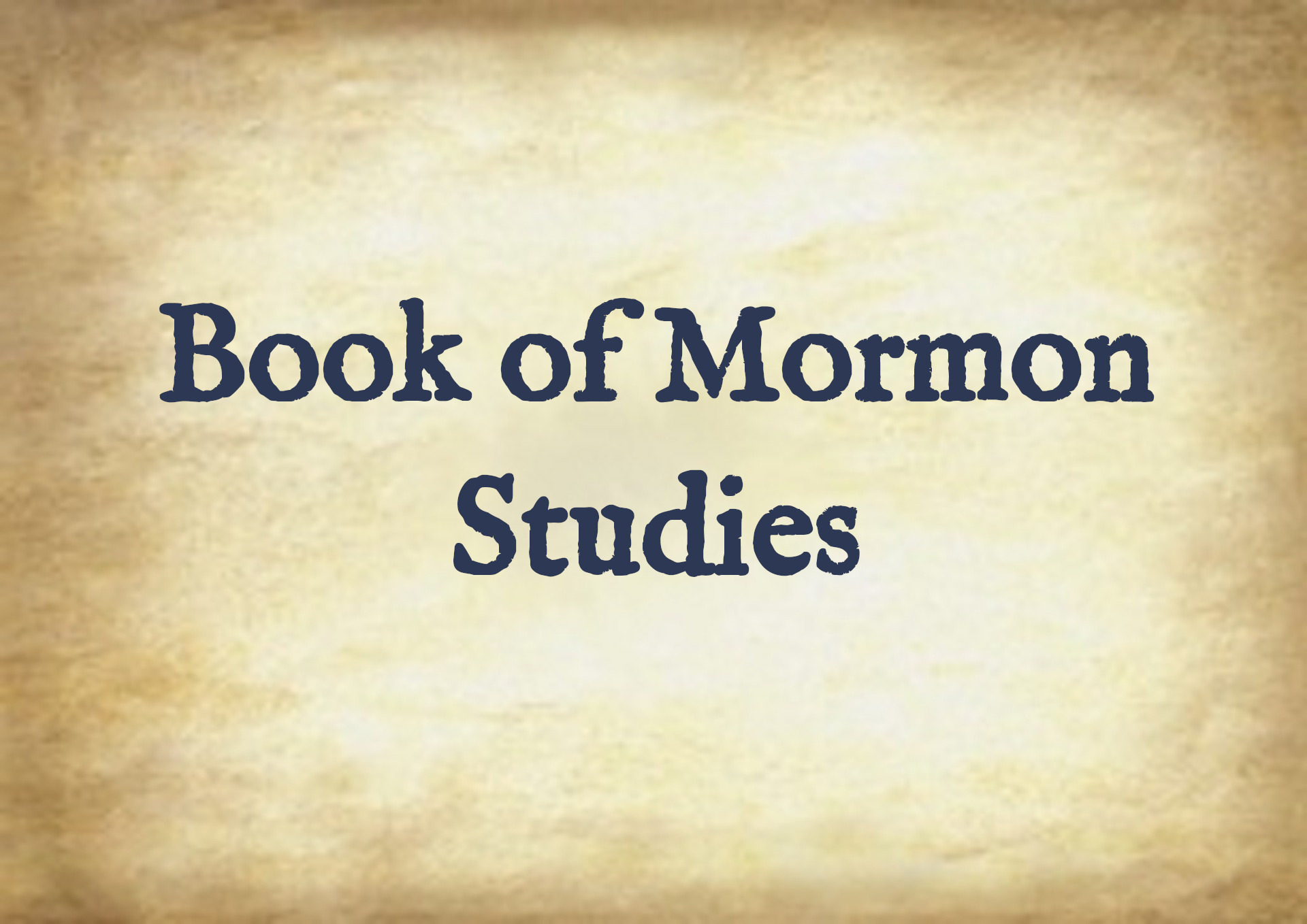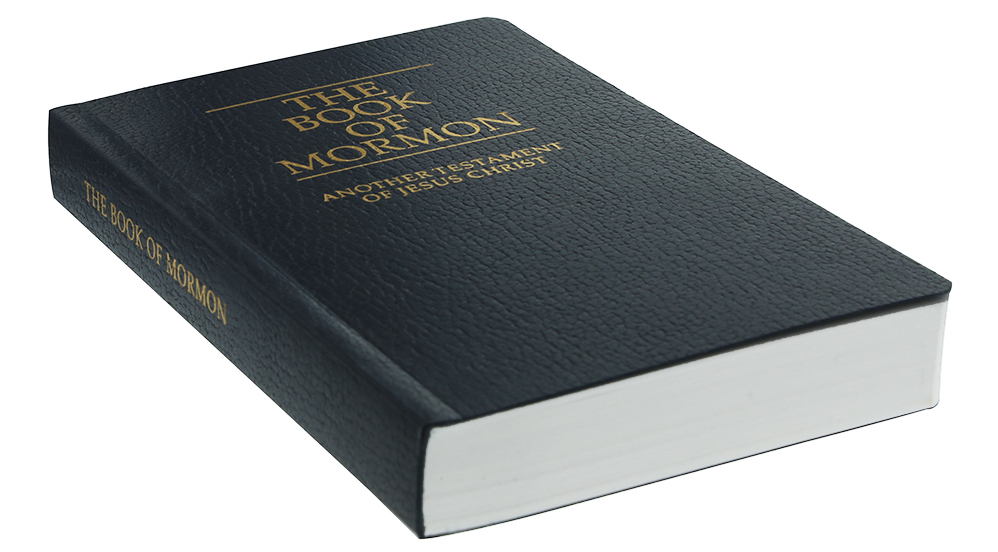 The following questions are designed for the lessons presented in the book Come, Follow Me, for March 4-10. You can access the Come, Follow Me book by clicking here.
The following questions are designed for the lessons presented in the book Come, Follow Me, for March 4-10. You can access the Come, Follow Me book by clicking here.
Introductory Questions
What are some of the reasons why Isaiah’s writings were included in Nephi’s record?
How does Nephi describe the effect of reading Isaiah’s words on one’s heart?
What specific prophecies by Isaiah bring hope and joy to those who read them, according to the text?
Describe the prophesied day mentioned in 2 Nephi 21:12. What significance does it hold?
How does the imagery of “drawing water out of the wells of salvation” contribute to the message of joy and hope?
How does Nephi suggest one can “rejoice in Christ” through the writings of Isaiah?
In what ways do Isaiah’s prophecies about the gathering of Israel resonate with the readers?
Reflect on the phrase “an ensign for the nations” (2 Nephi 21:12). What might this symbolize, and why is it significant?
How do Isaiah’s prophecies about the coming of the Messiah connect with the theme of rejoicing?
Considering the context of the scripture, what does it mean to “thirst after righteousness” (2 Nephi 22:3) and how does this lead to joy?
What parallels can be drawn between Nephi’s intentions for including Isaiah’s words and the readers’ experience of joy?
Discuss the role of joy in the spiritual journey, as highlighted through Nephi’s perspective on Isaiah’s writings.
How might the message of hope and joy in Isaiah’s prophecies apply to individuals in their daily lives?
Can you identify any personal experiences or insights where the words of Isaiah have brought joy or hope to individuals?
Questions for Ideas for Learning at Home and at Church
How did contention impact Lehi’s children, and what were the consequences of this problem in future generations?
Reflecting on the prophecy in 2 Nephi 21:6 about the wolf dwelling with the lamb, what do you think this symbolizes in terms of peace and harmony?
How can individuals today strive to be peacemakers, considering the ongoing issue of contention highlighted in the scriptures?
In what ways do you see the Savior fulfilling the prophecies mentioned in 2 Nephi 21–22 regarding the scattering and gathering of Israel?
What significance does the “ensign” mentioned in 2 Nephi 21:12 hold, and how have you witnessed God gathering His people, both physically and spiritually?
The scriptures mention the fall of Babylon and its representation of worldliness and sin. How might the warnings in 2 Nephi 23–24 apply to individuals today who are enticed by worldly wealth and power?
Discuss the parallels between the ancient kingdom of Babylon as a threat to Israel and the worldly temptations present today. How can individuals guard against these threats?
Reflect on the warnings about Babylon’s fall and the call to be separate from its worldliness. How does this message resonate with the concept of being “in the world, but not of the world”?
Considering the prophecies of the gathering of Israel, how can individuals actively participate in this gathering process in their communities and families?
How might understanding the symbolism and messages in these prophecies influence one’s daily decisions and interactions with others?
Discuss the concept of spiritual warfare as presented in the warnings against Babylon. How can individuals protect themselves spiritually in a world filled with such temptations?
Reflect on your own experiences or observations of how worldly influences can impact individuals and communities. How can one stay true to their spiritual values in the face of such pressures?
What can individuals do to cultivate peace within their own lives, families, and communities, in line with the teachings found in these prophecies?
How do these prophecies offer hope and guidance for individuals navigating the challenges of a world filled with contention and worldly allurements?
You can access the Come Follow Me manual here.



